The Archetypal Realities of Everyday Life
This episode is part one of the series The Archetypal Realities of Everyday Life. It was recorded in 1986.
This seminar examines the ways in which the archetypes of the collective unconscious guide, form, and vitalize our daily existence. We can perceive this archetypal influence subjectively in consciousness and objectively in art and literature. As Jung wrote: “The impact of an archetype, whether it takes the form of an immediate experience or is expressed through the spoken word, stirs us because it summons up a voice that is stronger than our own”. In this seminar works of art from pre-historic times up to the present are examined to see how they both express for us and evoke in us the fundamental archetypes of the human experience.
NOTE: We do not have the images that were used in this seminar, though we know one of them is Hans Holbein’s painting The Ambassadors (below).
Anthony Stevens, MD holds degrees in medicine and psychology from Oxford University and a diploma in psychological medicine from the Royal College of Physicians. A frequent lecturer at the Jung Institutes of London and Zürich, he has also given presentations at the Los Angeles and San Francisco Institutes. Dr. Stevens is author of Jung: A Very Short Introduction, Archetypes: A Natural History of the Self, The Story of Withymead: A Jungian Community for the Healing Arts, and Ariadne’s Clue: A Guide to the Symbols of Humankind.
Podcast: Play in new window | Download (22.1MB)
For the complete series, CLICK HERE.
© 1986 Anthony Stevens. This podcast is licensed under a Creative Commons Attribution-NonCommercial-NoDerivatives 4.0 International License. You may share it, but please do not change it, sell it, or transcribe it.
Music by Michael Chapman
Edited and produced by Benjamin Law


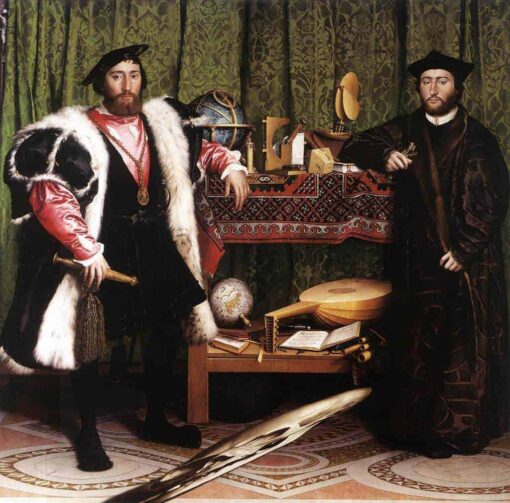
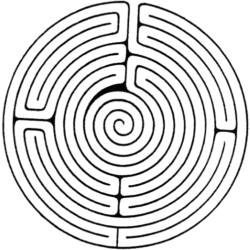
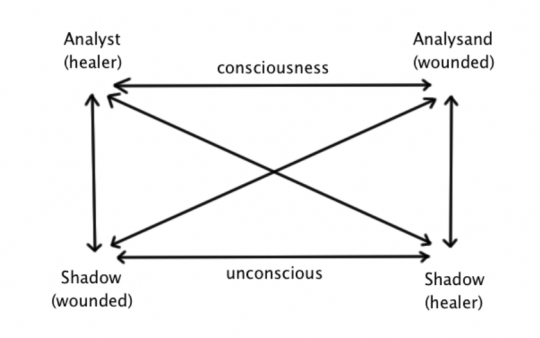

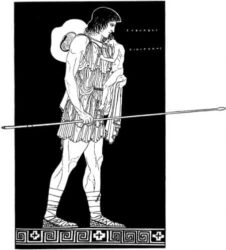
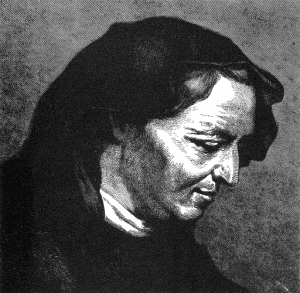
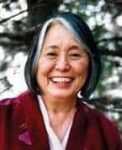
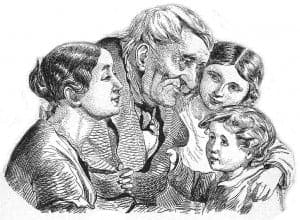 with Lionel Corbett, MD
with Lionel Corbett, MD

